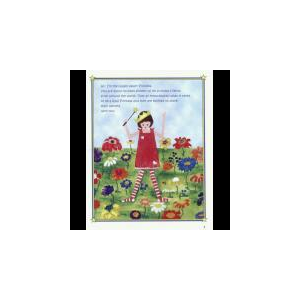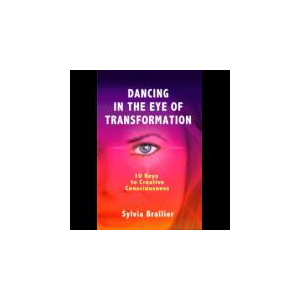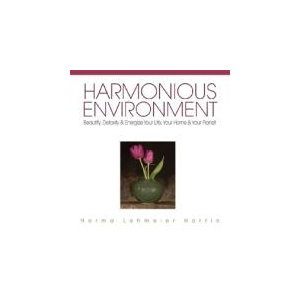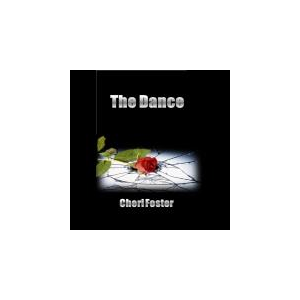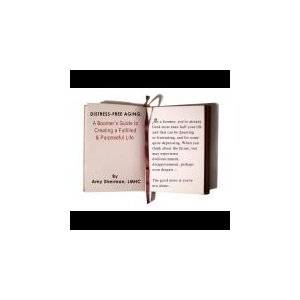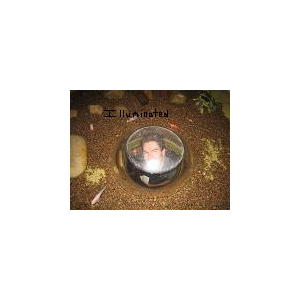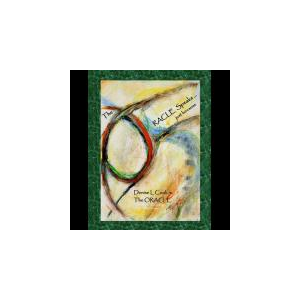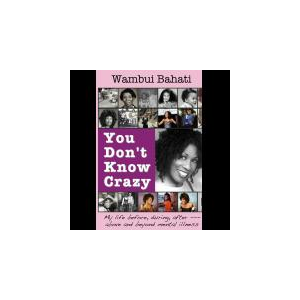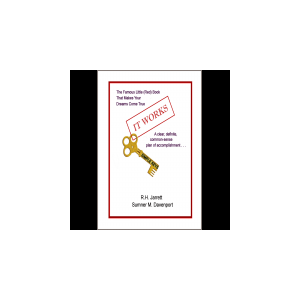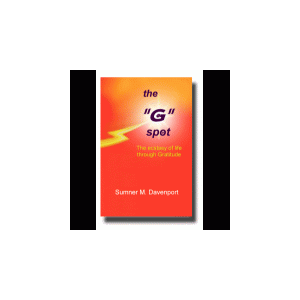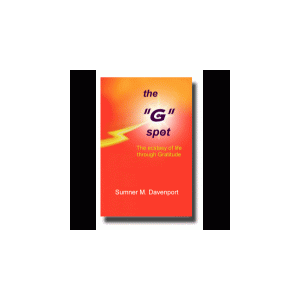The Moral Injury Spectrum: From Conflict to Healing in Individual and Cultural Contexts
The book is a culmination of rigorous research and synthesizes key insights and findings from the field of moral injury. It provides a comprehensive understanding of the topic and its implications for clinical practice. The authors, drawing upon the seminal work of Jonathan Shay and Brett Litz, define moral injury as the profound emotional and psychological pain experienced when one's actions or witnessed actions deeply violate one's moral or ethical code.
The historical roots of moral injury are traced back to the experiences of Vietnam War veterans, and the concept's evolution and relevance beyond the military context are explored. The authors examine specific domains where moral injury manifests, including the military, healthcare, higher education, academia, and law enforcement, highlighting the importance of context in understanding and addressing moral injury.
Jonathan Haidt's moral foundations theory is integrated into the understanding of the concept of "injury" in the moral injury landscape, providing a deeper understanding of the psychological processes involved. The role of psychological pre-moral injury status and parenting style as formative forces and risk factors for moral injury is explored, along with the role of faith in the development of morals, as a setting event for moral injury, and as a mechanism for healing.
Evidence-based psychological interventions for moral injury are reviewed, emphasizing the practical application of this research in addressing moral injury. The importance of tailoring interventions to individual needs and contextual factors is underscored. The authors critically evaluate the level of construct validation research and treatment outcome research, highlighting the need for further empirical investigation. Existing treatment models are summarized using an evidence-based framework.
The book provides a descriptive summary of existing measures for quantifying moral injury events and experiences, along with references for clinicians to investigate the most appropriate tools for their immediate treatment context. It explores the broader societal effects of moral injury and the necessary institutional responses to prevent and mitigate its effects. Collective and cultural moral injury are then explored with illustrations and solutions.
Finally, the authors discuss the remaining conundrums in the field and outline a constructive program of research to address these.

